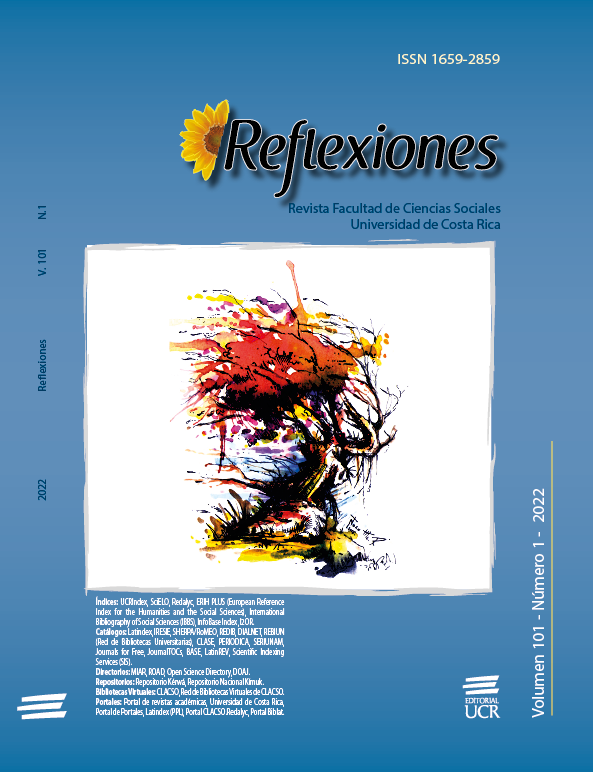Abstract
Introduction
Since the XXI century, different governments in Latin America implemented social policies to promote the «Social, Solidarity and / or Popular Economy» (SSE). In Argentina, these emerging programs in the heat of the 2001 crisis and since then undergo different modifications associated with: the different phases of the economic cycle and the political sign of the different government administrations.
Main objective
Therefore, this research aims to study the main trends and transformations suffered by policies aimed at SSE in Argentina during the period 2001-2019.
Method and technique
From the perspective of critical theory and from the content analysis of different secondary sources, the different programs implemented from the portfolio of the Ministry of Social Development that are oriented towards the SSE implemented between 2001 and 2019 are studied.
Results
Both the appearance of SSE programs and their transformations are linked, on the one hand, to the impact of neoliberalism on the segmentation of the labor market and the consequent massification of social policies; and, on the other, to the gravitation of the levels of conflict of the unemployed movement in our country.
[Continue reading in the article]
##plugins.facebook.comentarios##

This work is licensed under a Creative Commons Attribution-NonCommercial-ShareAlike 4.0 International License.
Copyright (c) 2022 Sofía Magali Vitali Bernardi, Brenda Brown


